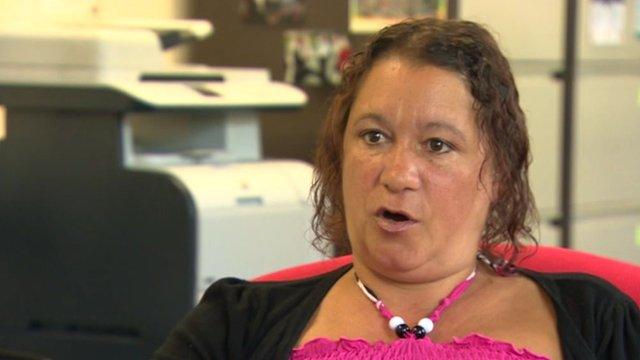Hammer attack woman let down by police, says IPCC
- Published
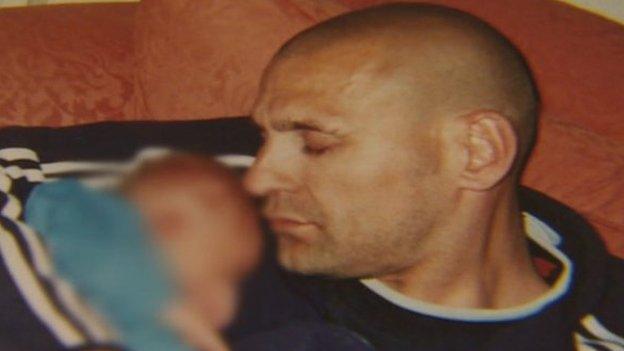
Police failed to recognise Christopher Veal as a registered sex offender
A woman attacked with a hammer after reporting her partner for a previous attack was repeatedly let down by South Wales Police, the Independent Police Complaints Commission has said, external.
The force did not realise Christopher Veal was a convicted rapist because they mis-spelt his name.
Moments after police left Charmaine Lewis's Cardiff home, Veal broke in and attacked her in front of her children.
The IPCC said one officer had a case to answer for misconduct.
Another officer and three control room staff should be subject to management over poor performance, the investigation found.
IPCC Commissioner Jan Williams said the force had "put this woman and her children at serious risk" and "did not give this case any urgency or priority".
She said South Wales Police needed to make "major cultural change".
The police watchdog's investigation found Ms Lewis was "let down by a consistent thread of low level performance by South Wales officers and other staff".
Violent attack
It report outlines how Ms Lewis had reported Veal to police following an assault in August 2011 but police could not find him on records - it later transpired they had typed in the incorrect name - and failed to identify him as a registered sex offender.
She contacted police three days later and went to Fairwater police station saying she felt threatened by Veal. Officers responded by driving her home in a marked police van and told her she would be safe.
Minutes later Veal broke in and violently attacked her with a claw hammer.
Ms Lewis suffered serious injuries, including broken ribs and lost teeth.
The Independent Police Complaints Commission is expected uphold three complaints about the way the force dealt with her case
"He hit me in the head… stamped on my body and broke my ribs," she said. "I was covered in blood... I woke up in hospital.
"He was a very high risk. I trusted the police. They should have kept us in the police station or waited until they had arrested him."
She added: "He thought he did kill me because he phoned the police and said he'd killed me.
"He said 'come and get me' and the police said 'we're too busy, phone again in an hour and we'll come and get you'."
IPCC commissioner Jan Williams said officers failed to use intelligence properly
IPCC commissioner Jan Williams said South Wales Police did not take the initial report seriously enough.
She told BBC Wales: "They didn't give it a high enough priority and they didn't give any urgency to finding the offender.
"As a consequence, he was able to repeat his attack on her three days later with really serious results that hospitalised her.
"We were really concerned that all the information about him was there on the systems. They had all the intelligence they needed and they didn't look at it properly.
"Some of the officers didn't know any of his background. Nobody was joining the dots.
"It's pointless having theses intelligence systems if officers don't know that they should or don't know how to access them."
Mr Michael said the events should not have happened as they did
The report found South Wales Police should have referred the matter to the IPCC at the time it happened.
They were only made aware when Ms Lewis' MP, Susan Elan Jones, complained on her behalf after she moved to live in north Wales.
South Wales Police's deputy chief constable, Matt Jukes, said in a previous statement: "It is clear that we did not provide the victim in this case and her children with the care and protection that she needed at a critical time and we are sincerely sorry for that."
South Wales Police and Crime Commissioner Alun Michael said: "The events should not have happened as they did. The deputy chief constable made that absolutely clear.
"The thing is there have been failures in the past which is why I and the chief constable made tackling violence against women and girls such a high priority in the police and crime plan."
- Published10 June 2014
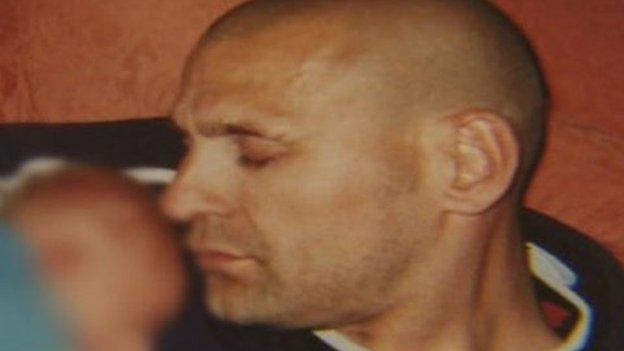
- Published27 March 2014
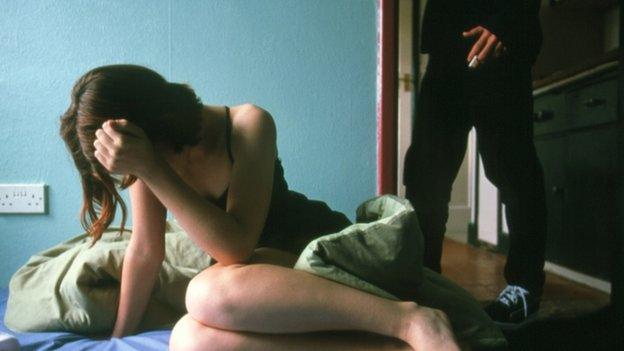
- Published11 March 2013
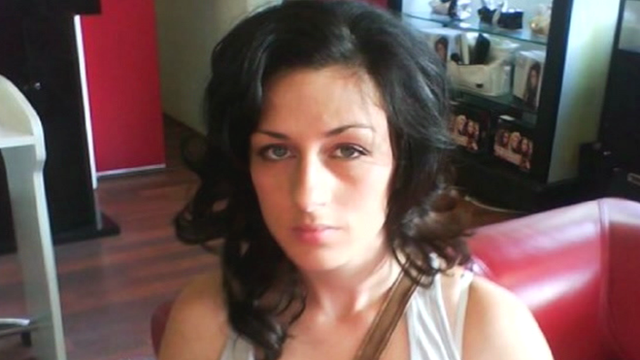
- Published26 July 2010
- Published11 June 2014
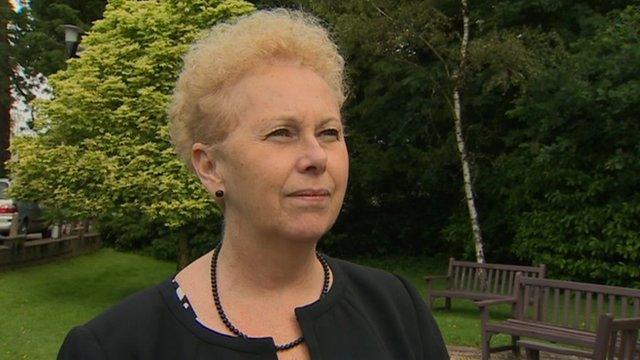
- Published11 June 2014
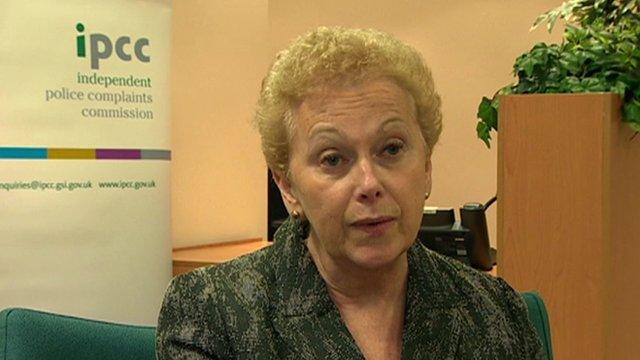
- Published10 June 2014
